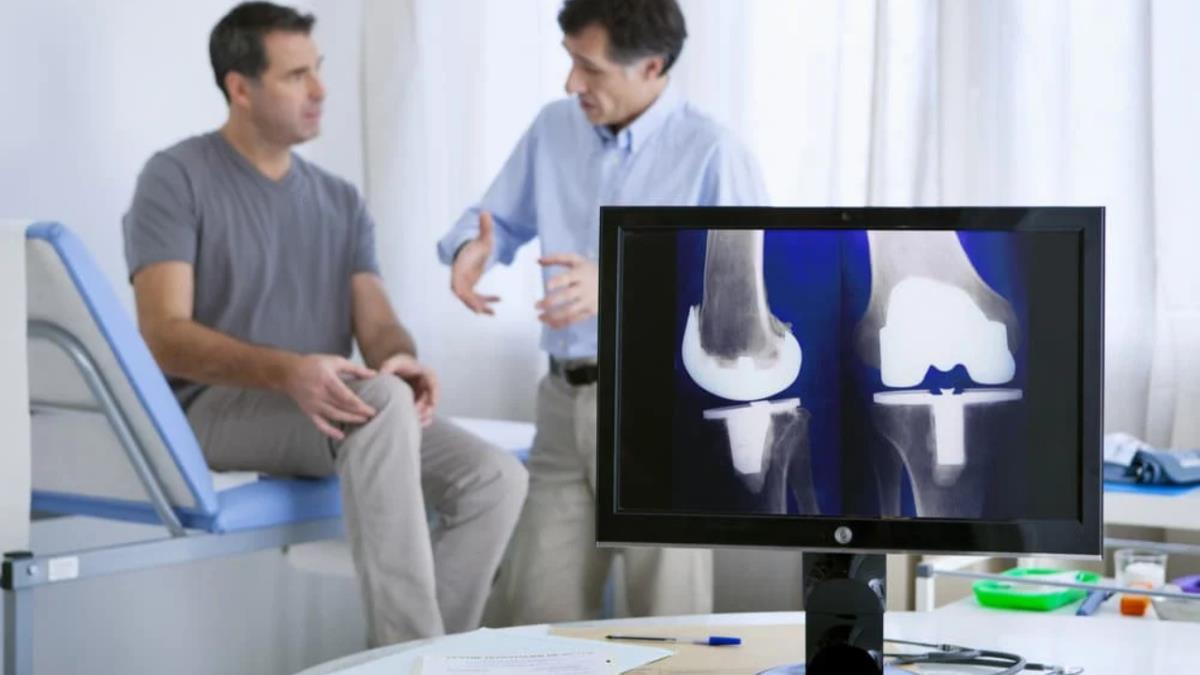For individuals looking for dependable, cutting-edge care for their bones, joints, muscles, and ligaments, Orthopedic Health of Kansas City is a shining example. The Orthopedic Health of Kansas City staff offers expert care, a wealth of experience, and a personal touch that makes rehabilitation easier and quicker, whether you are recuperating from a broken bone, chronic arthritis pain, or the aftermath of a sports injury.
If left untreated, bone and joint issues can cause excruciating pain and change your life. Early treatment with expert orthopaedic solutions catered to each patient’s needs is essential. Orthopedic clinics in Kansas City have developed to provide a full variety of services with an emphasis on the patient’s recovery.
Table of Contents
ToggleWhy Orthopedic Health Matters for Everyone
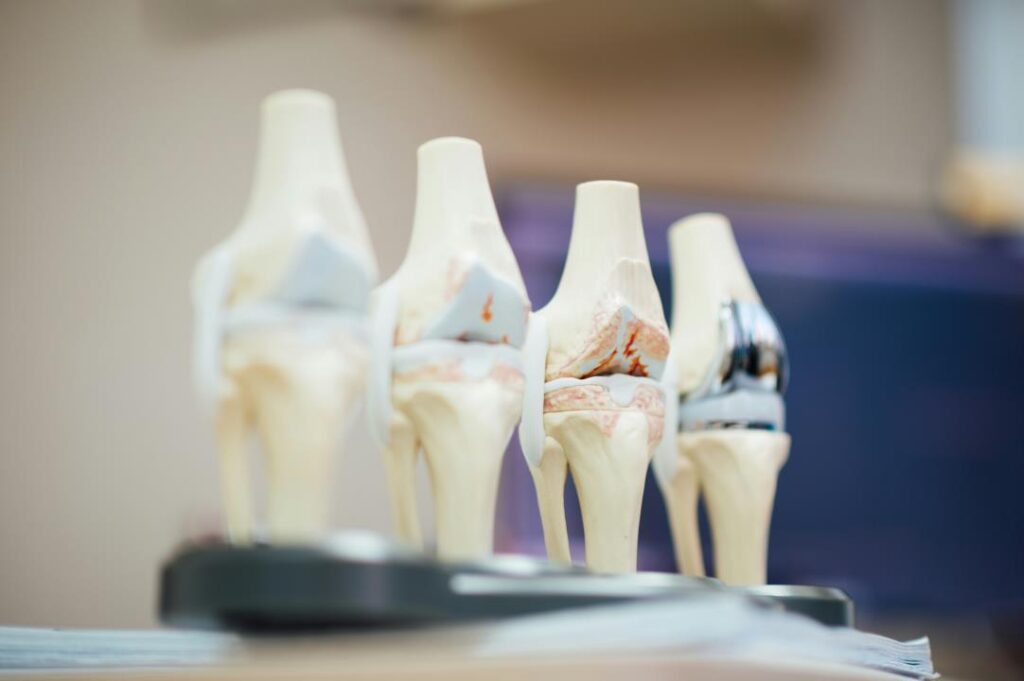
It’s a prevalent misperception that orthopedic services are just for older people or athletes. Orthopedic health is important throughout life. Orthopedic specialists offer therapies that increase function, lessen discomfort, and enhance quality of life for patients with scoliosis in children and repetitive stress injuries.
| Life Stage | Common Orthopedic Needs | Example Treatments |
| Children | Growth plate fractures, scoliosis | Braces, a non-invasive correction |
| Adults | Sports injuries, repetitive strain | Physical therapy, arthroscopic surgery |
| Seniors | Arthritis, joint degeneration | Joint replacement, pain management |
The goal of maintaining orthopedic health is to allow people to move freely, work effectively, and enjoy life without having to deal with chronic pain. It goes beyond simply healing accidents.
Orthopedic Health of Kansas City: Setting a New Standard
Kansas City is a leader in the provision of comprehensive orthopedic care. The city’s hospitals and clinics prioritize individualized care, use the newest technology, and hire the best orthopedic surgeons. In addition to treating the issue, they also want to guarantee complete rehabilitation, long-term joint health, and patient education.
Assessing an orthopedic specialist’s qualifications, patient satisfaction scores, technology, and aftercare services is part of selecting the best one. The facilities in Kansas City routinely receive high marks in each of these categories.
Common Orthopedic Conditions Treated
Orthopedic Health of Kansas City treats a broad spectrum of ailments, guaranteeing that patients can receive efficient care for any kind of bone, joint, or muscle problem. The following are a few of the most commonly treated conditions:
- Knee Injuries: ACL tears, meniscus injuries, and cartilage damage
- Shoulder Disorders: Rotator cuff tears, dislocations, and impingement syndromes
- Spine Problems: Herniated discs, scoliosis, and chronic lower back pain
- Fractures and Trauma: Broken bones, stress fractures, and dislocations
- Arthritis: Osteoarthritis and rheumatoid arthritis management
- Sports-Related Injuries: Sprains, strains, and overuse injuries
- Pediatric Orthopedic Issues: Developmental dysplasia of the hip, clubfoot
A unique, patient-centered treatment plan is developed for each condition, which may involve medication, physical therapy, surgery, and lifestyle changes.
Modern Orthopedic Treatments Offered
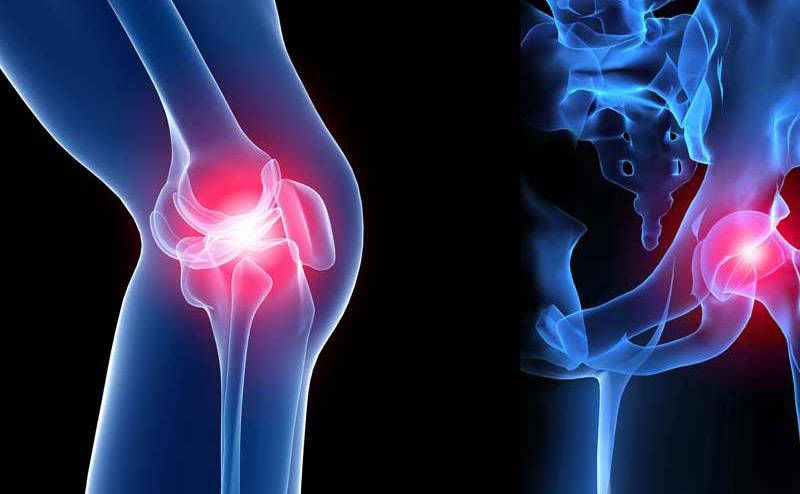
Over the past twenty years, orthopedics has made great strides. With state-of-the-art procedures that guarantee speedier recuperation, fewer side effects, and improved long-term results, Orthopedic Health of Kansas City continues to lead the way.
| Traditional Treatments | Modern Treatments |
| Open surgery with large incisions | Arthroscopic (minimally invasive) surgery |
| Prolonged hospital stays | Outpatient or same-day surgeries |
| General rehabilitation programs | Personalized, AI-guided therapy plans |
| Generic braces and supports | Custom-fitted, 3D-printed orthopedic supports |
Thanks to advancements in technology, patients now have a lower chance of infection, less scarring, and faster healing.
Special Focus: Joint Replacement and Robotic Surgery
Kansas City’s orthopedic services are notable for being at the forefront of joint replacement and robotic-assisted surgery. Individuals with serious joint damage or crippling arthritis can access:
- Knee Replacement: Partial or total, depending on the damage
- Hip Replacement: Advanced techniques for quicker mobility restoration
- Shoulder Replacement: Reverse shoulder arthroplasty for complex cases
- Robotic-Assisted Surgery: Ensures precision and improves long-term success rates
Surgeons can operate more precisely thanks to robotic equipment, which also helps patients recover more quickly and have less discomfort after surgery.
Right Orthopedic Expert in Kansas City
Choosing the correct orthopedic physician can have a big impact on results. When choosing, take into account the following aspects:
- Board Certification and Fellowship Training: Ensure your doctor has specialized education in orthopedic surgery.
- Experience Level: Look for professionals with extensive years in practice and experience handling cases similar to yours.
- Technology Use: A good clinic will use modern diagnostic tools like MRI, CT scans, and offer minimally invasive surgery options.
- Patient Reviews and Testimonials: Reading about other patients’ experiences can give real insights into the doctor’s approach and success rate.
- Communication Skills: A good orthopedic expert listens carefully, explains treatment options clearly, and respects patient concerns.
Choosing wisely increases the chances of a successful recovery and a positive overall experience.
Rehabilitation and Post-Treatment Support
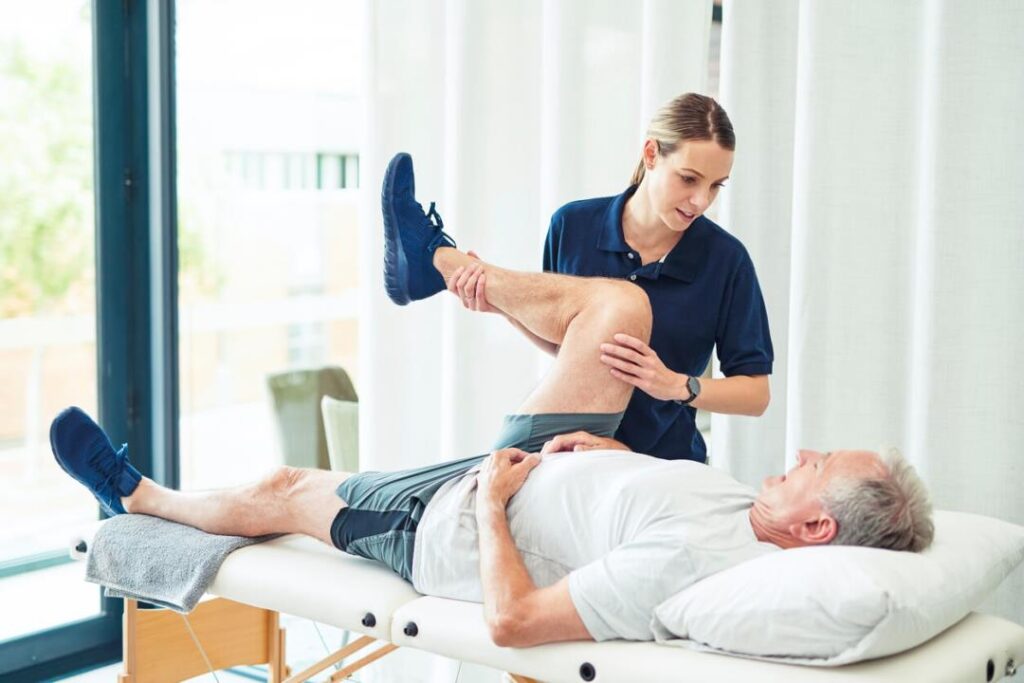
After surgery, the healing process from an orthopedic procedure continues. Rehabilitation after therapy is essential. Clinics in Kansas City provide a range of rehabilitation services, such as:
- Physical Therapy: Targeted exercises to rebuild strength and improve mobility.
- Occupational Therapy: Helping patients adapt to daily activities post-injury or surgery.
- Nutritional Counseling: Supporting healing through diet plans that promote bone and joint health.
- Pain Management Services: Non-opioid options like physical therapy, acupuncture, and lifestyle modification.
Rehabilitation ensures that patients regain maximum function and maintain their orthopedic health in the long run.
Preventing Orthopedic Issues: Tips for Healthy Bones and Joints
While orthopedic experts are always ready to treat injuries, prevention is even better. Simple steps to maintain orthopedic health include:
- Regular Exercise: Strengthen muscles around the joints to reduce injury risk.
- Balanced Diet: Calcium and vitamin D-rich foods promote strong bones.
- Proper Posture: Reduces strain on the spine and joints.
- Weight Management: Excess weight puts extra stress on joints, especially the knees and hips.
- Avoid Repetitive Strain: Take breaks during repetitive tasks to protect joints and muscles.
Future of Orthopedic Care in Kansas City
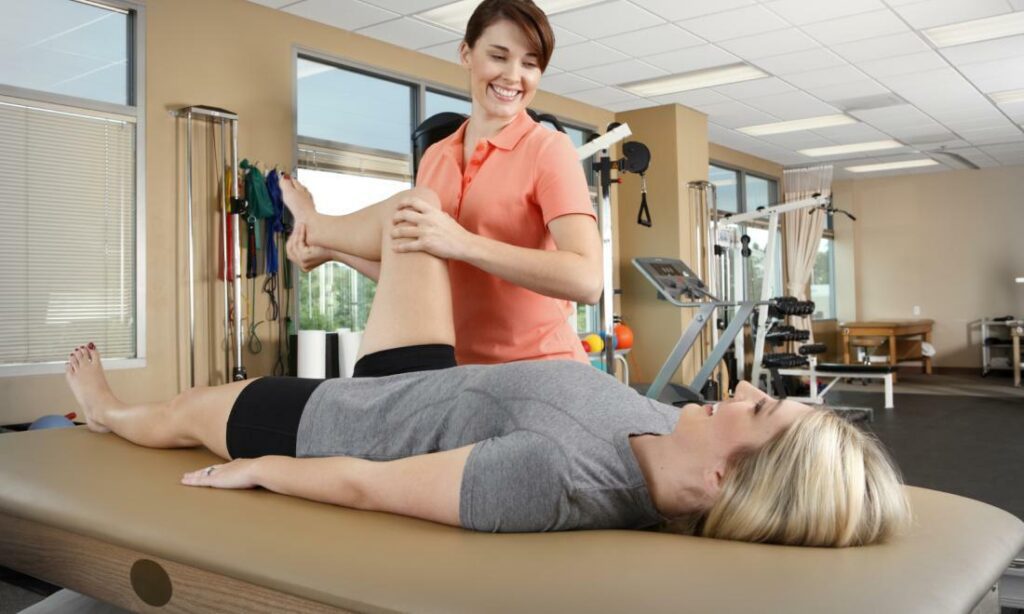
Orthopedic care in Kansas City appears to have a promising future. Patient care is incorporating new technology, including personalized treatment, wearable health monitoring devices, and regenerative medicine. To further enhance results, clinics are investing in robotic surgical equipment and AI-driven diagnostics.
To keep Kansas City at the forefront of innovation and quality in bone and joint care, research centers are collaborating closely with orthopedic practices.
Real Patient Success Stories
Success stories breathe life into statistics. Here are a few inspiring accounts from Kansas City patients:
- Amy, 34: A basketball coach who tore her ACL during a match. Thanks to a minimally invasive procedure and rehab support, Amy returned to coaching in six months.
- Robert, 60: After struggling with severe hip arthritis, Robert underwent hip replacement surgery. He now hikes weekly and enjoys a pain-free lifestyle.
- Priya, 11: Diagnosed with scoliosis, Priya underwent non-surgical bracing. Today, she’s an active member of her school’s dance team.
Wrapping Up
Standing tall as a testament to excellence in bone and joint care is Orthopedic Health of Kansas City: Bone and Joint Experts. With a focus on the patient, top-notch care, cutting-edge technology, and a group of kind professionals, Kansas City has made orthopedic recovery a positive and empowering experience.
The goal of Kansas City’s orthopedic community is to help patients regain the strength, mobility, and confidence they need to live their best lives—from detecting the smallest discomforts to carrying out the most intricate procedures.
FAQs
What symptoms suggest I should see an orthopedic doctor?
You should see an orthopaedic expert if you have persistent joint, bone, or muscle discomfort, decreased range of motion, weakness, instability, or trouble carrying out daily tasks. Conditions can be kept from getting worse with early action.
Are orthopedic surgeries safe?
Yes, orthopedic procedures are usually rather safe, especially when using contemporary methods like robotic assistance and arthroscopy. Expert orthopaedic surgeons take every safety measure to reduce hazards and guarantee positive results.
How long does it take to recover from joint replacement surgery?
Each patient and replacement joint has a different recovery time. With the aid of physical therapy, patients can typically resume mild activities in six weeks and anticipate a full recovery in three to six months.
Is physical therapy necessary after orthopedic surgery?
Yes, following the majority of orthopedic procedures, physical therapy is essential. It speeds up recovery and lowers the chance of complications by assisting in the restoration of strength, flexibility, and function.
What non-surgical treatments are available for joint pain?
Physical therapy, corticosteroid injections, bracing, acupuncture, weight management, and regenerative therapies such as platelet-rich plasma (PRP) treatments are examples of non-surgical solutions.
How do I choose the best orthopedic surgeon in Kansas City?
Seek out board-certified surgeons who have dealt with your particular illness before, have good patient records, have access to cutting-edge technology, and communicate well when they visit with you.
What should I expect during my first orthopedic consultation?
Expect a complete explanation of potential therapies, a physical examination, a detailed review of your medical history, and any necessary diagnostic testing, such as MRIs or X-rays, during the initial session.

